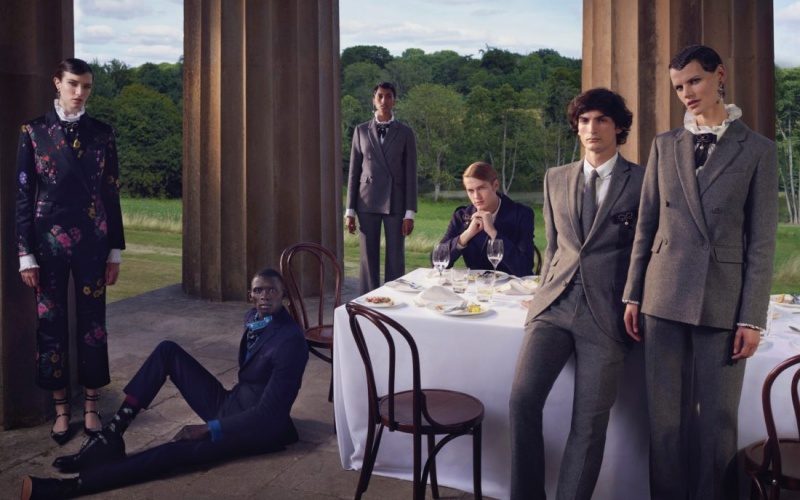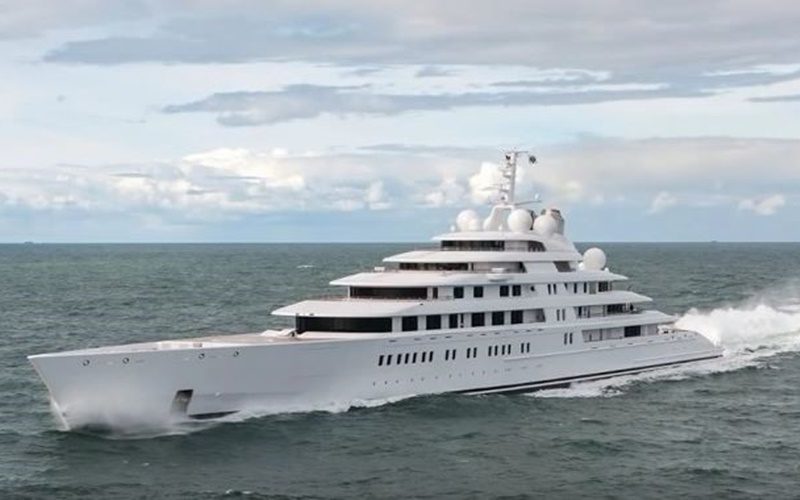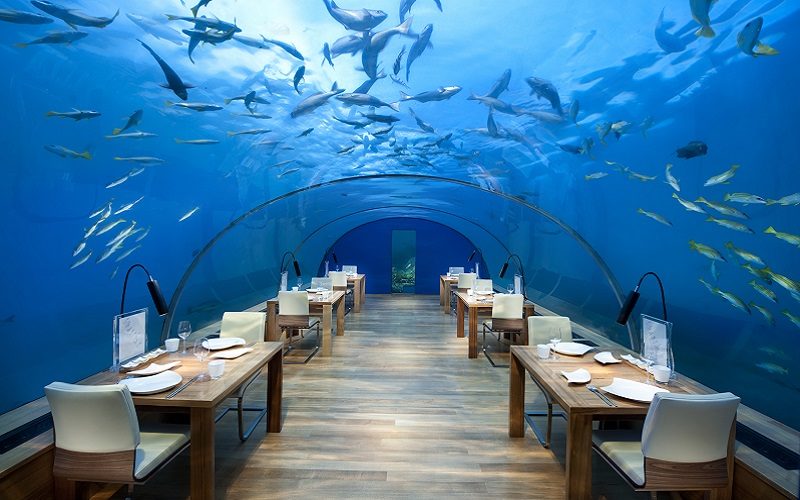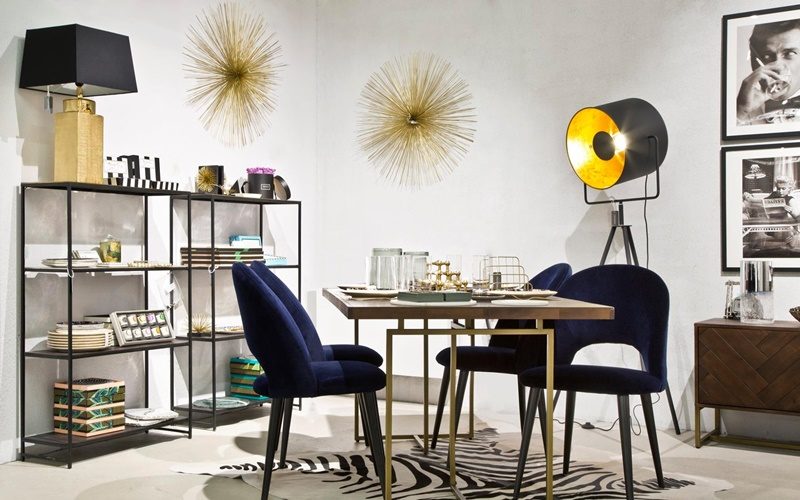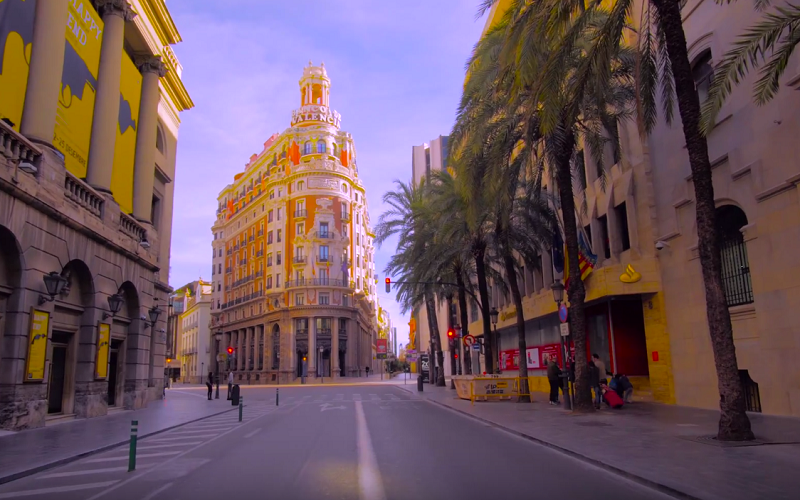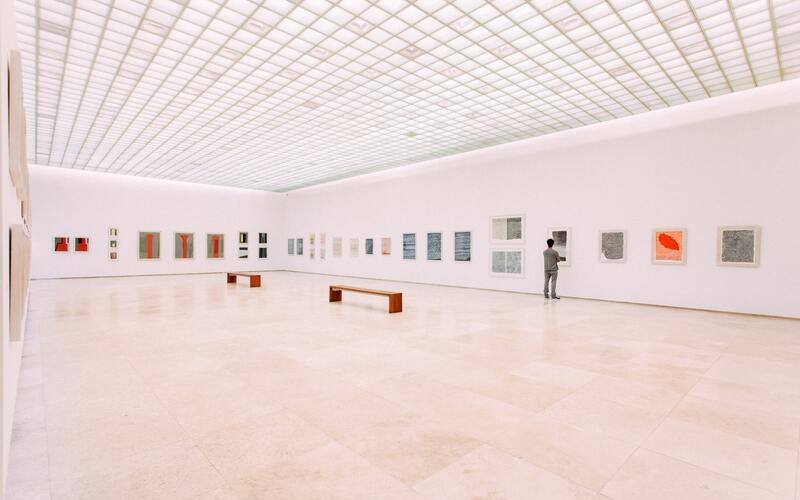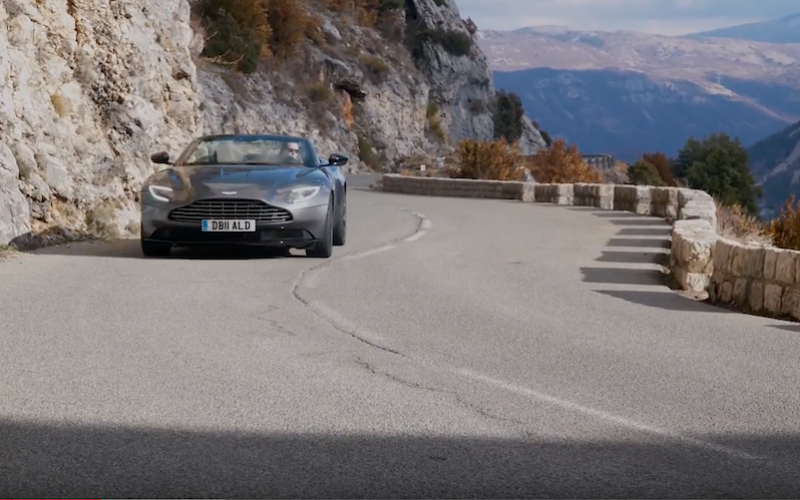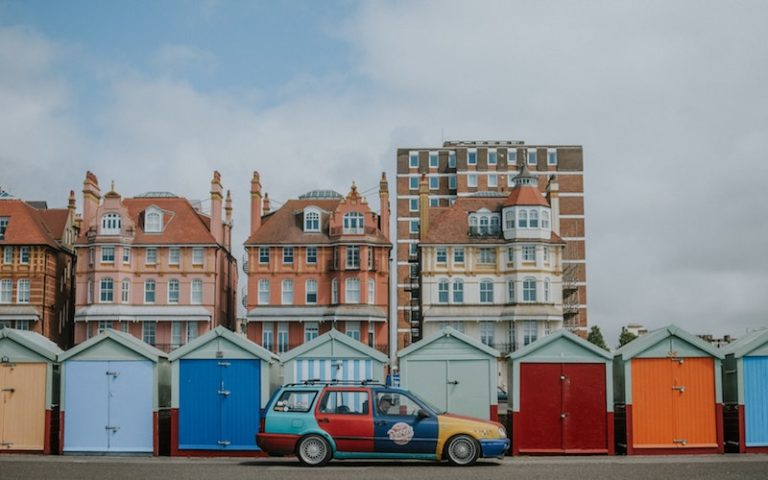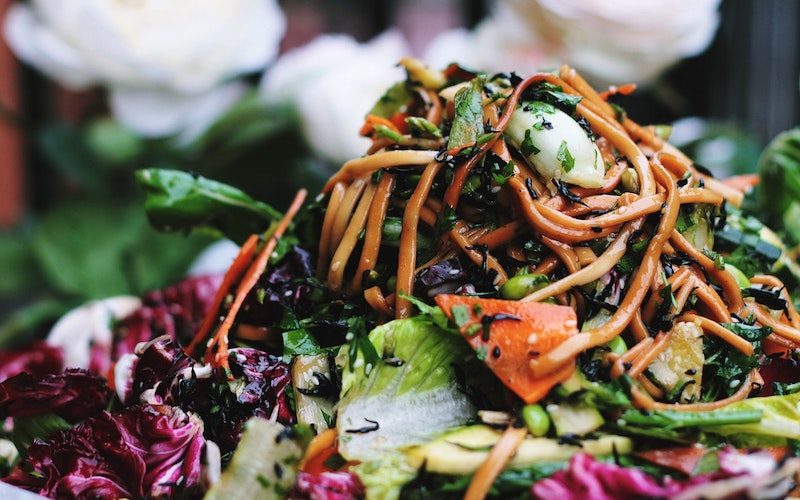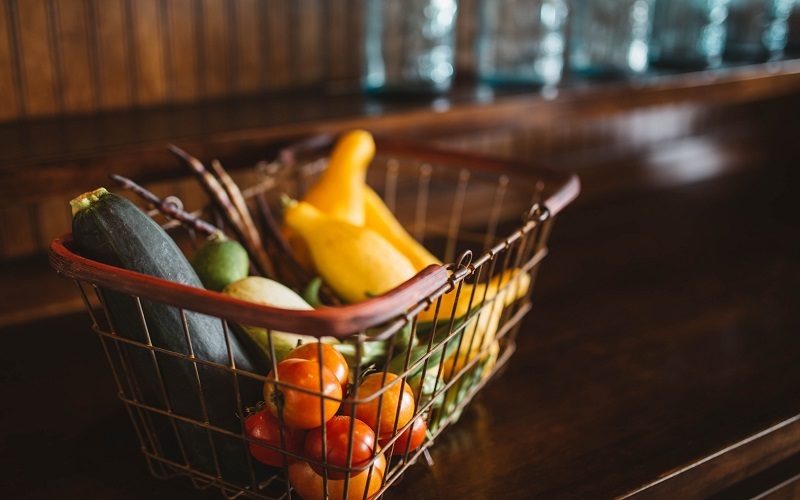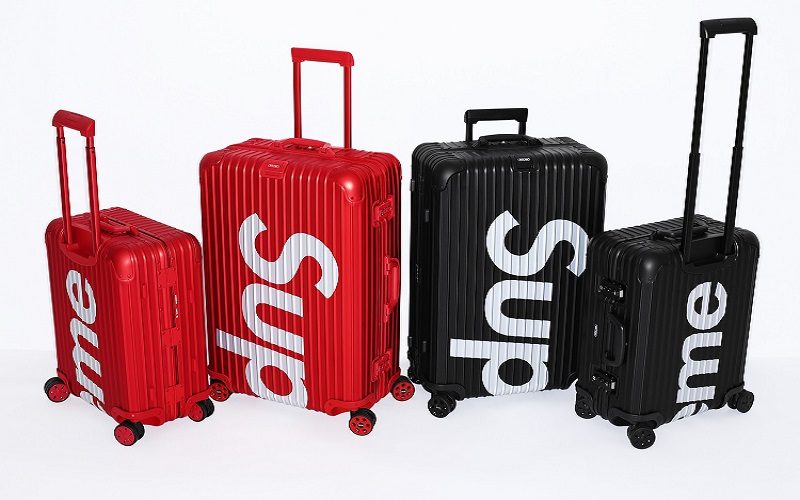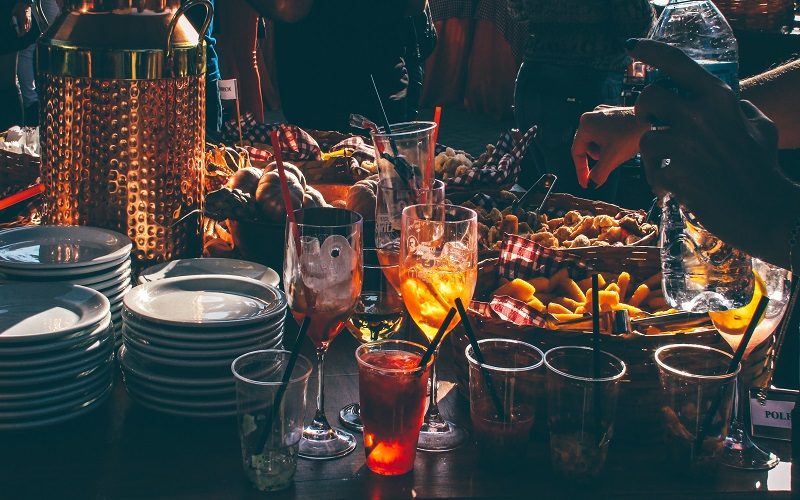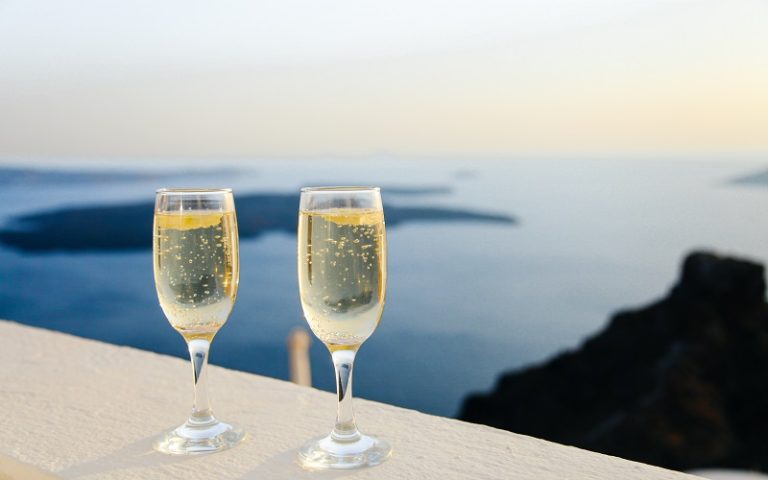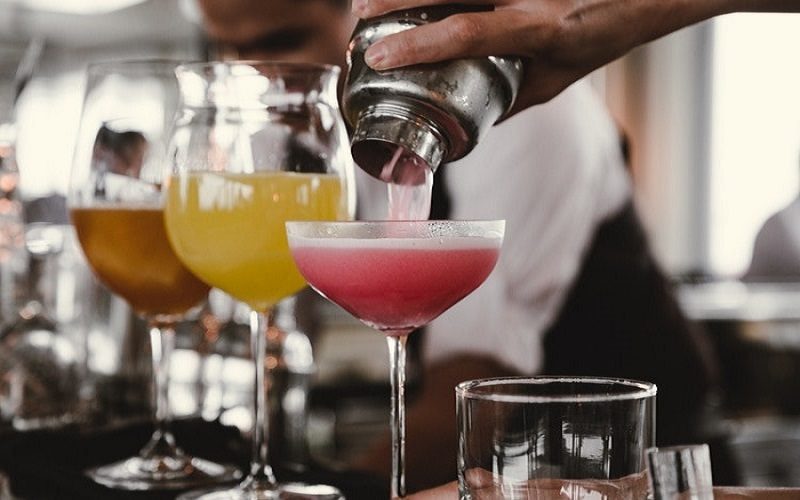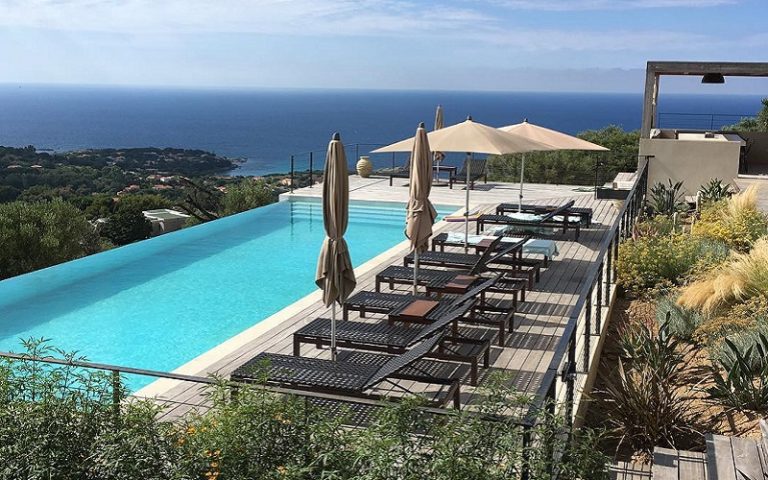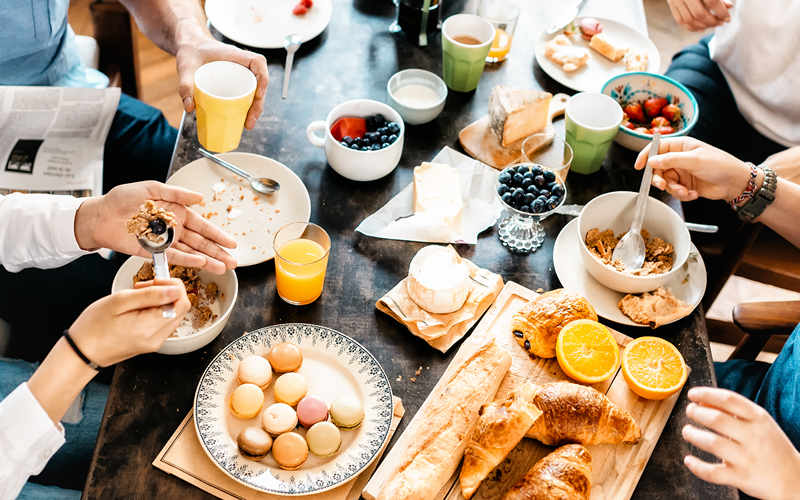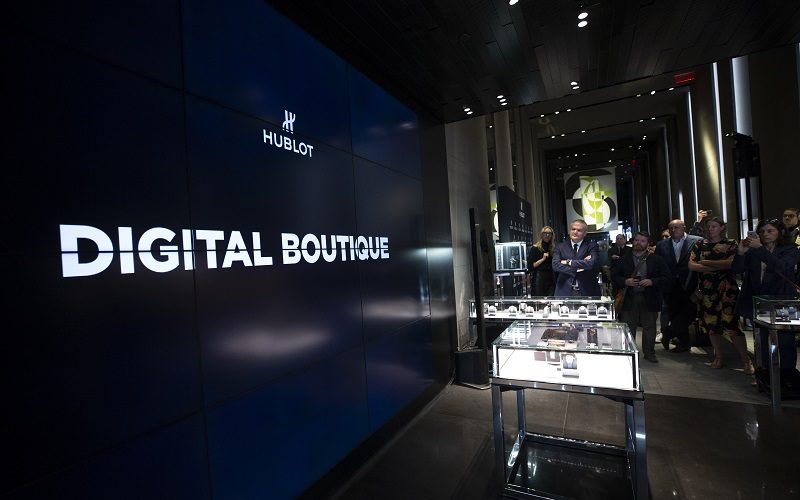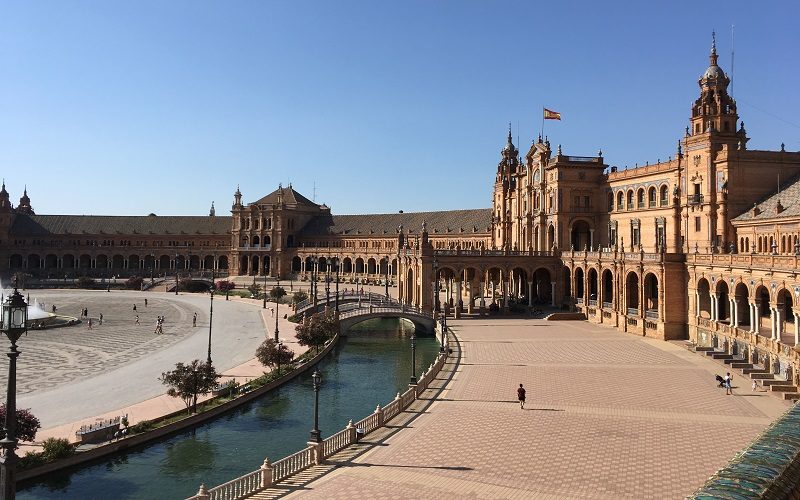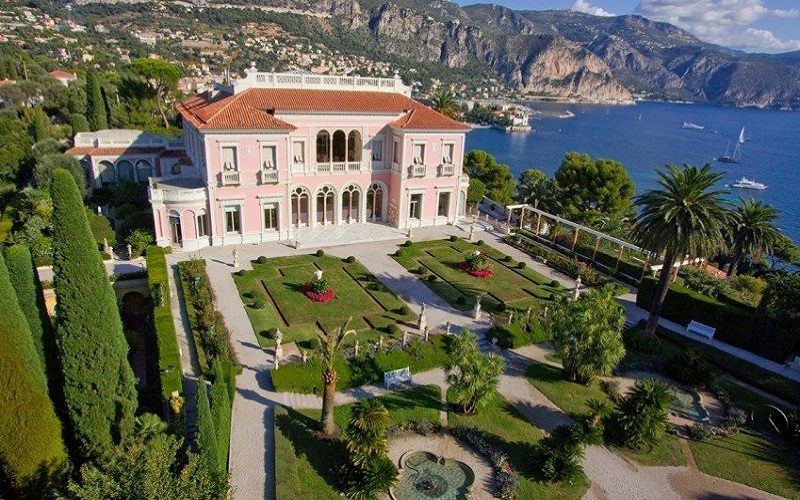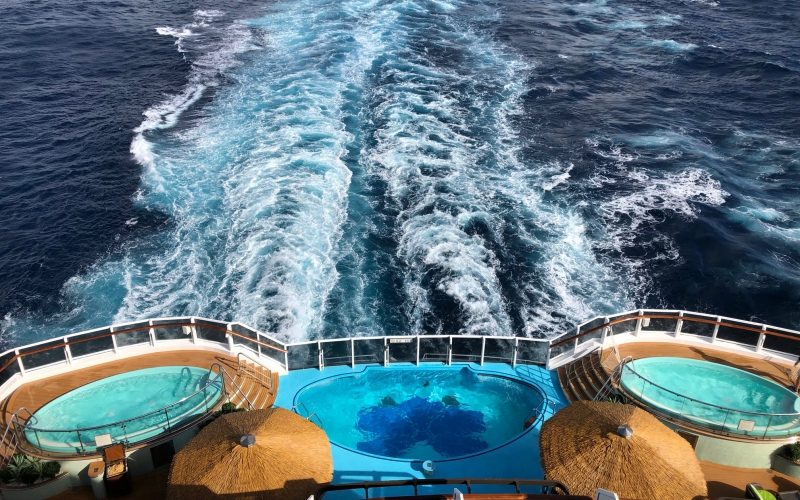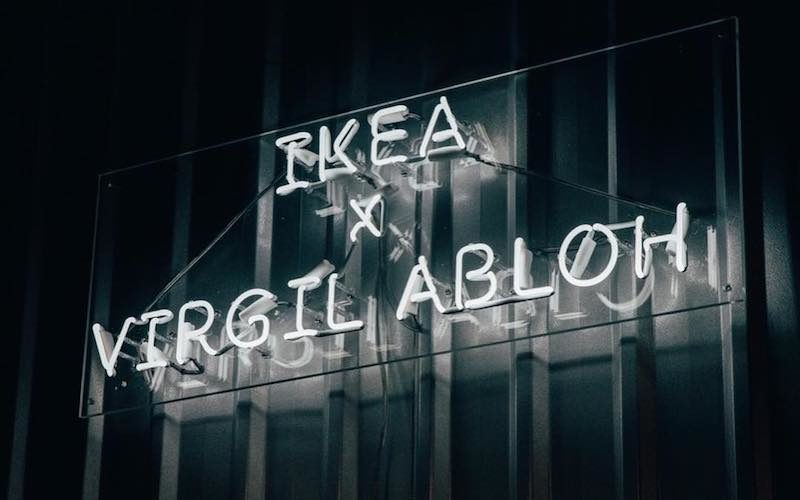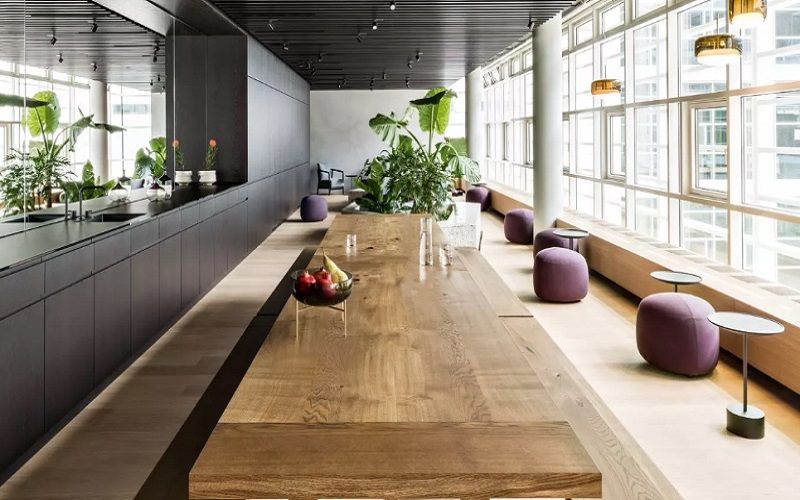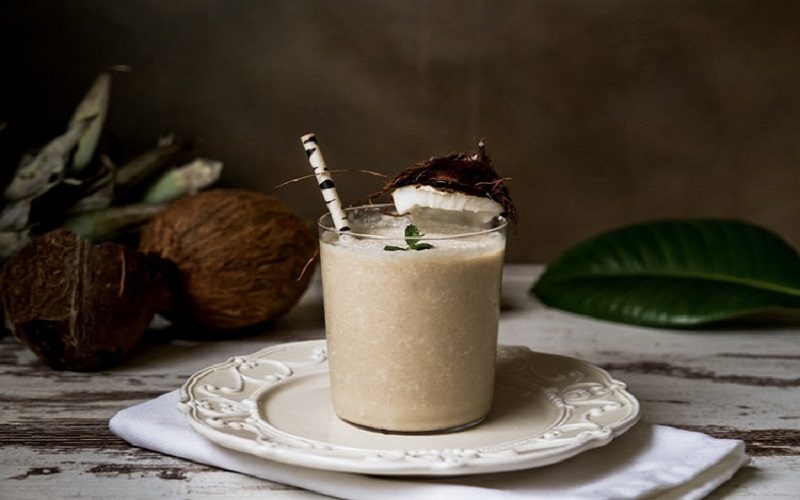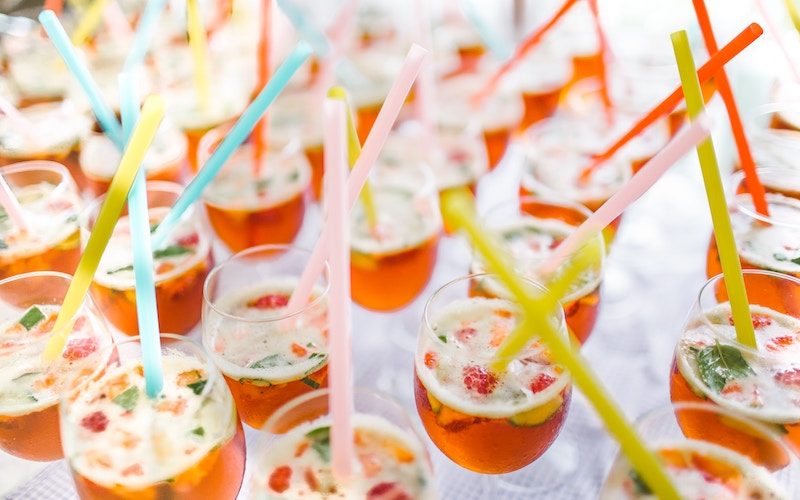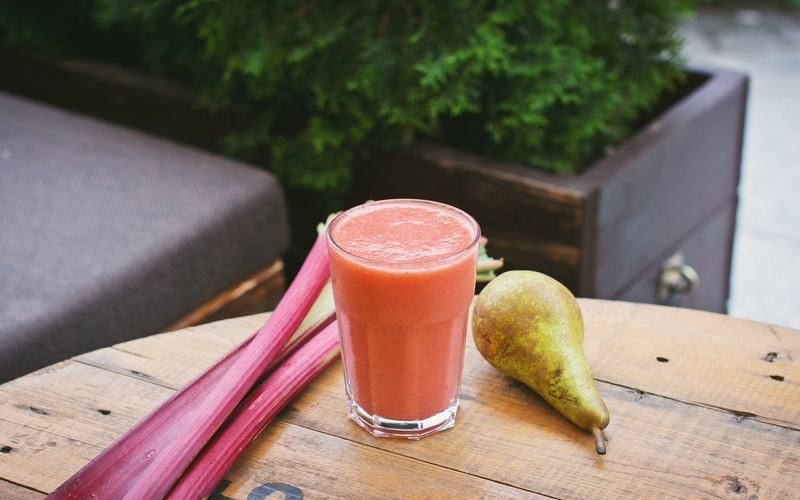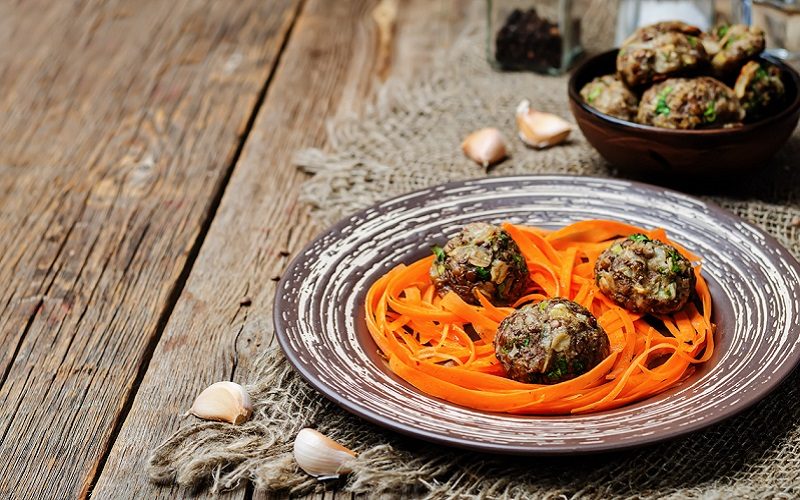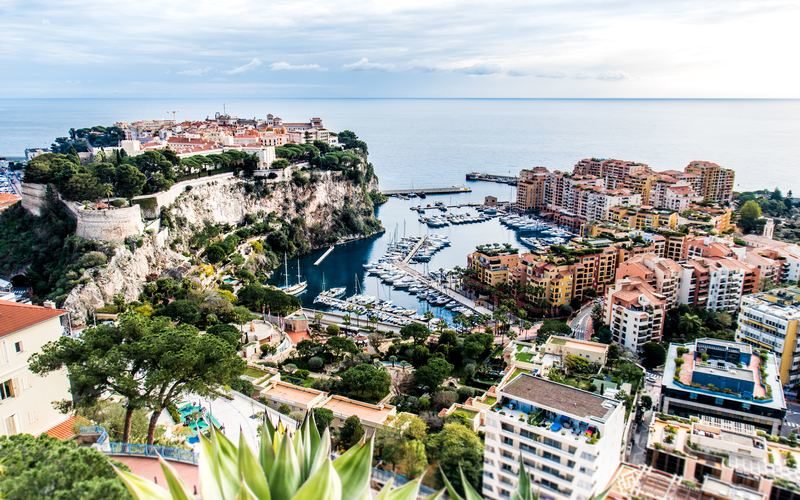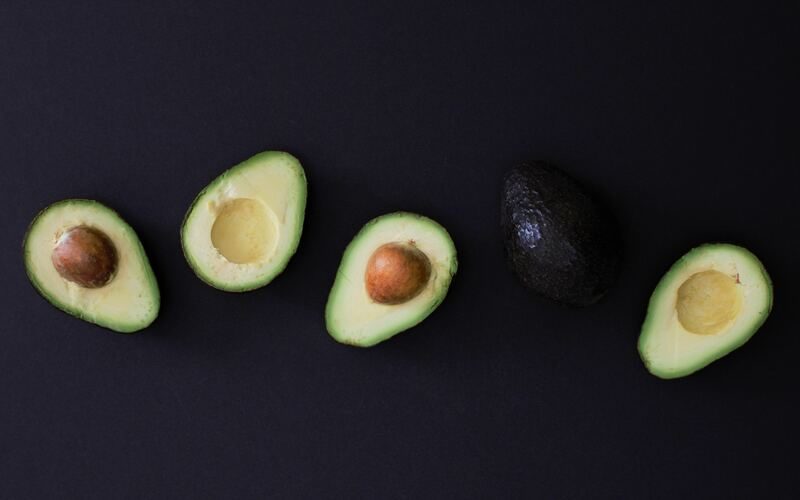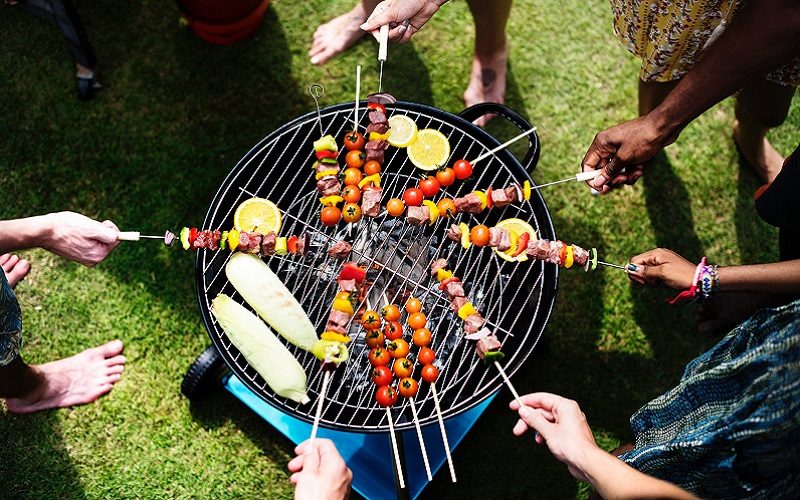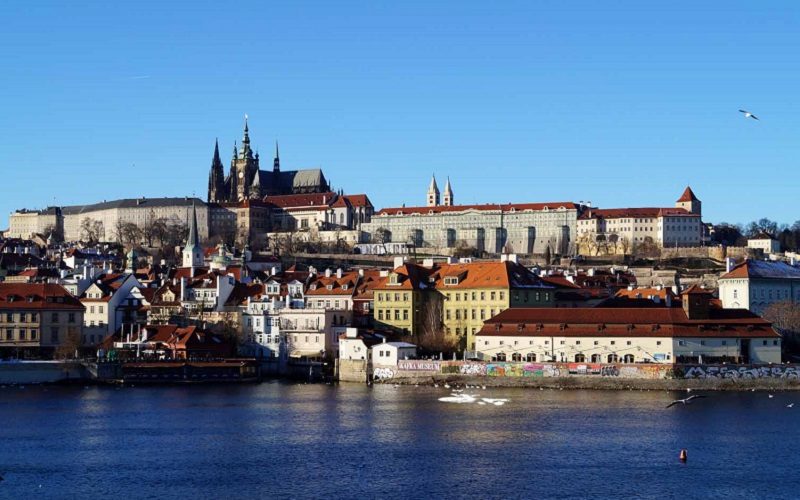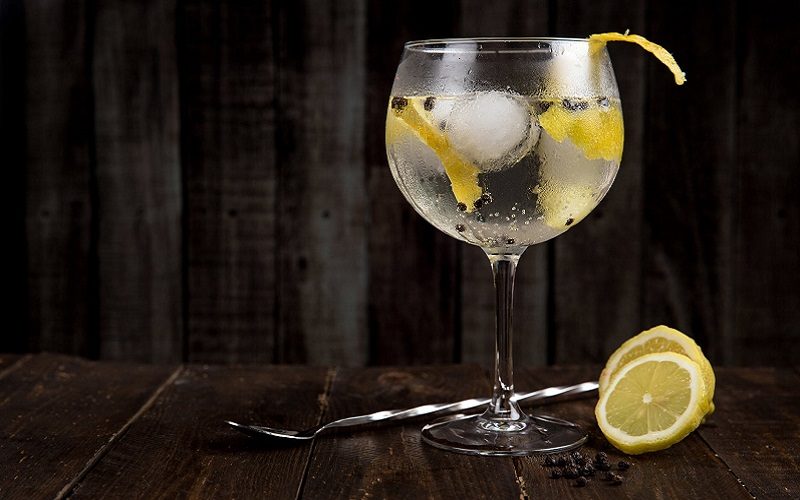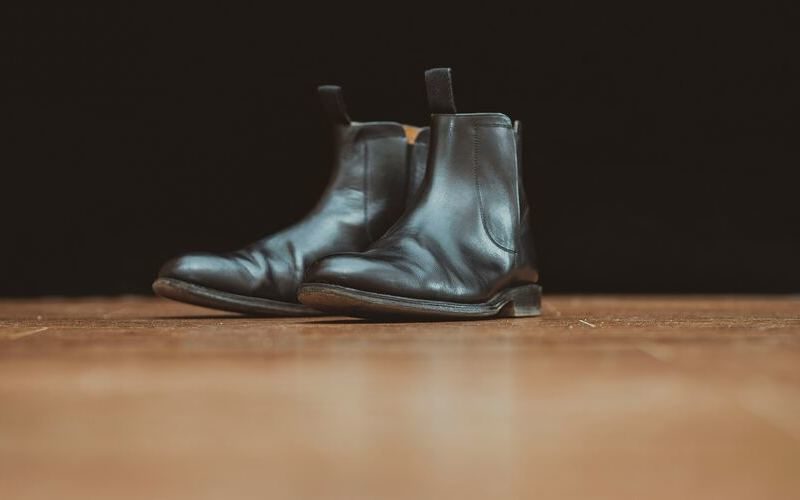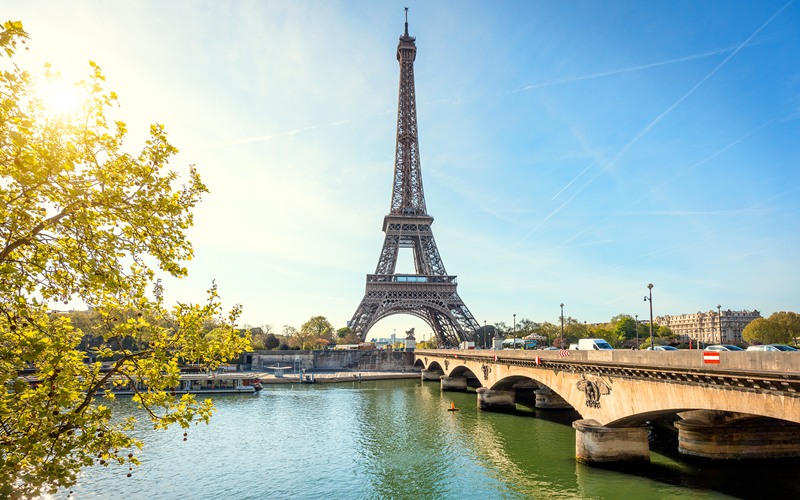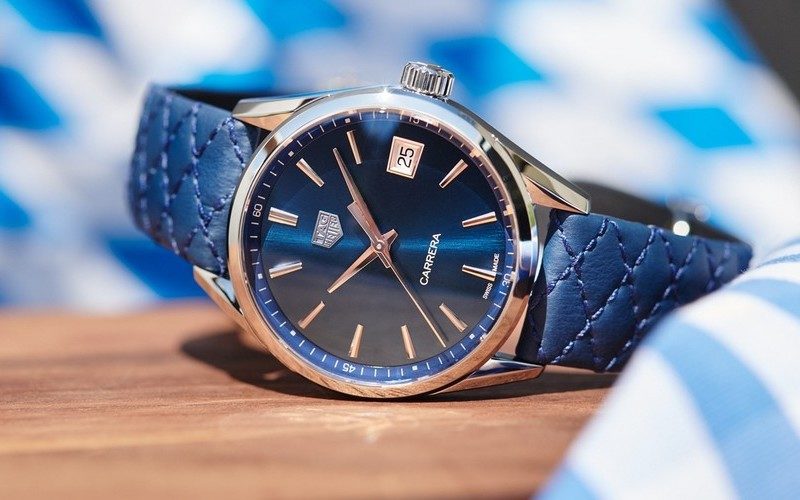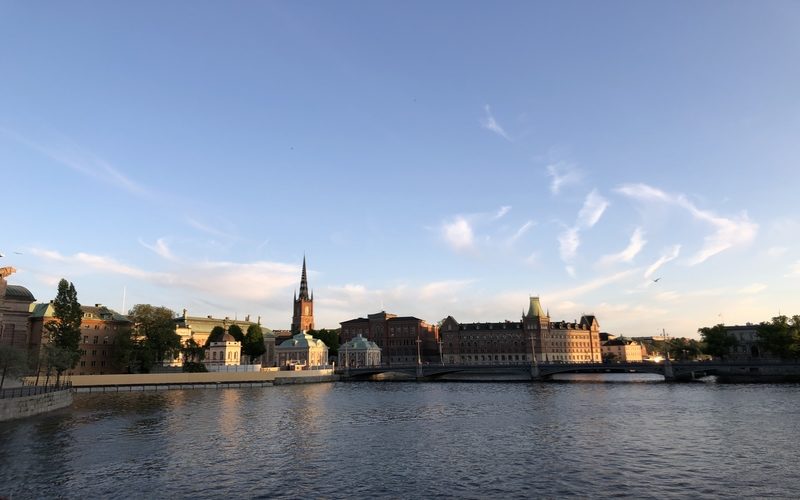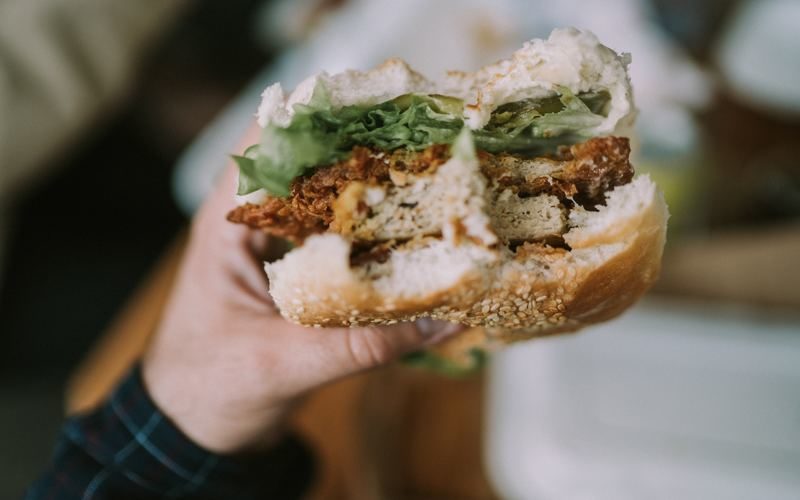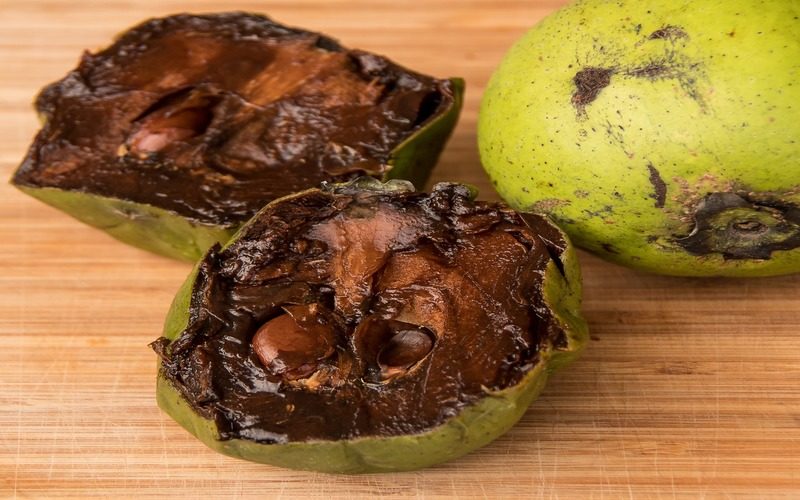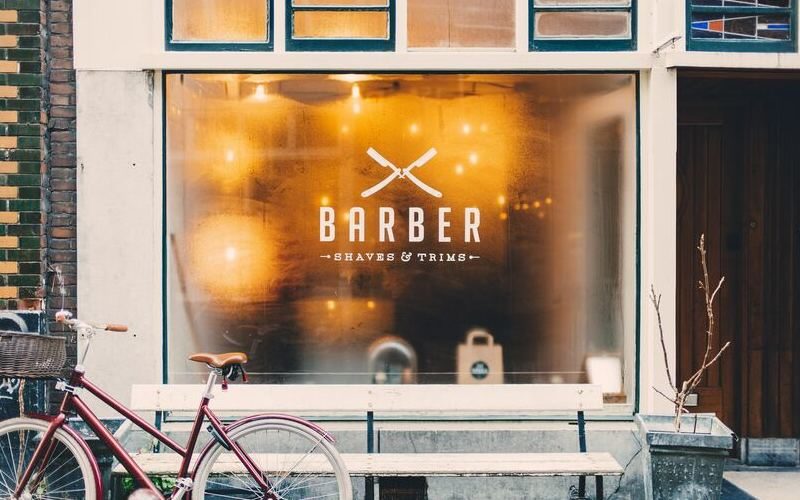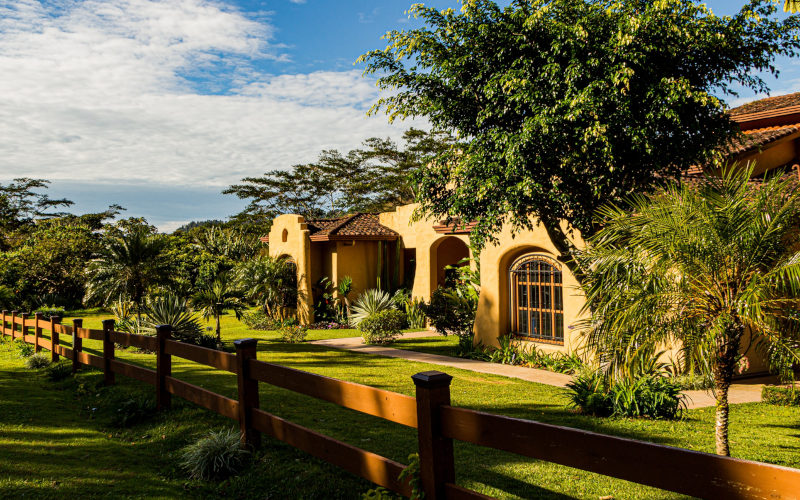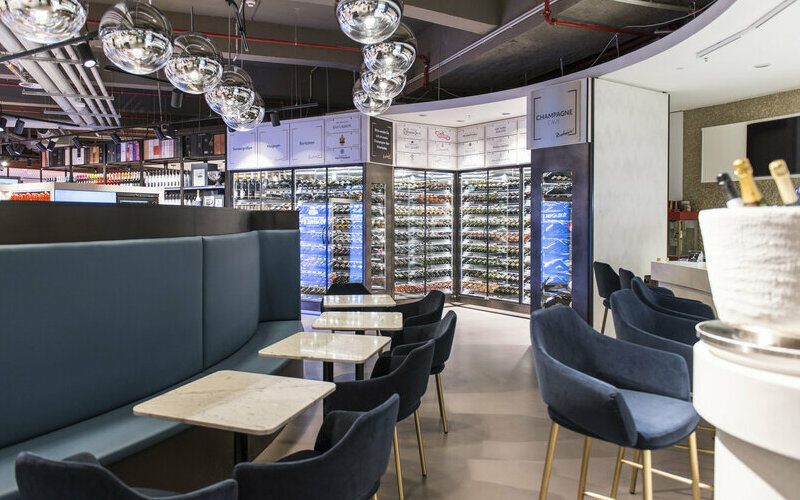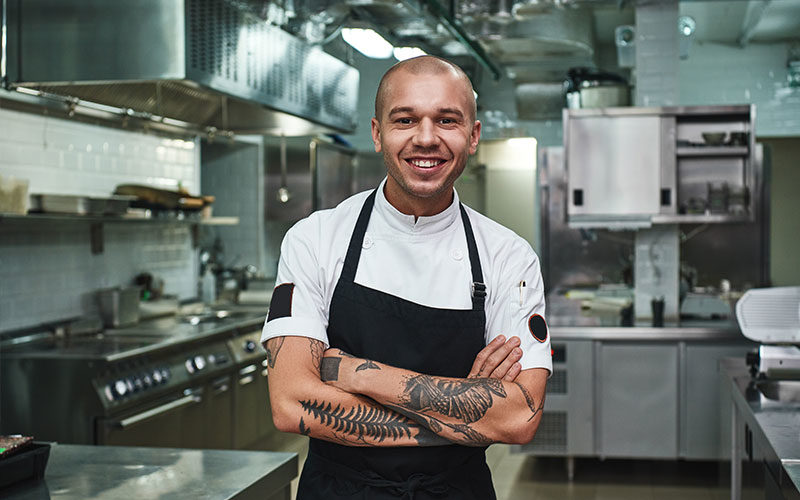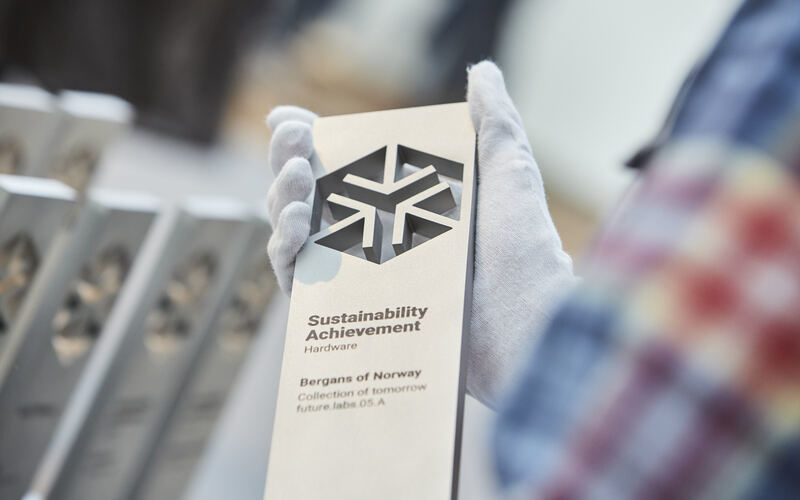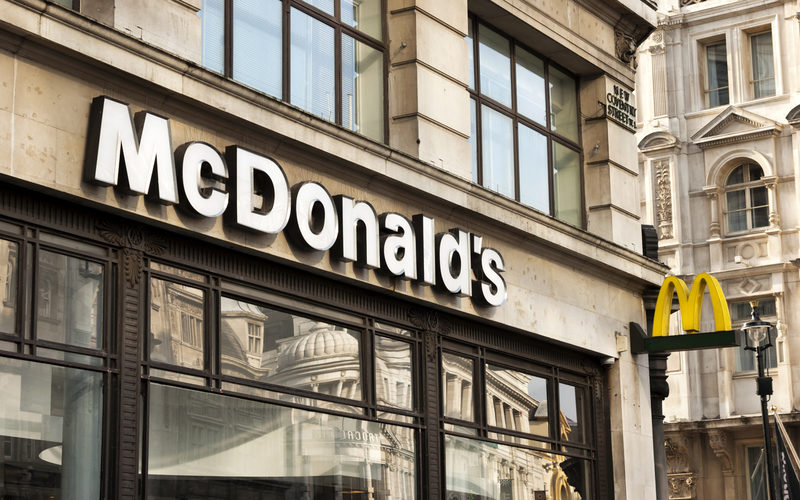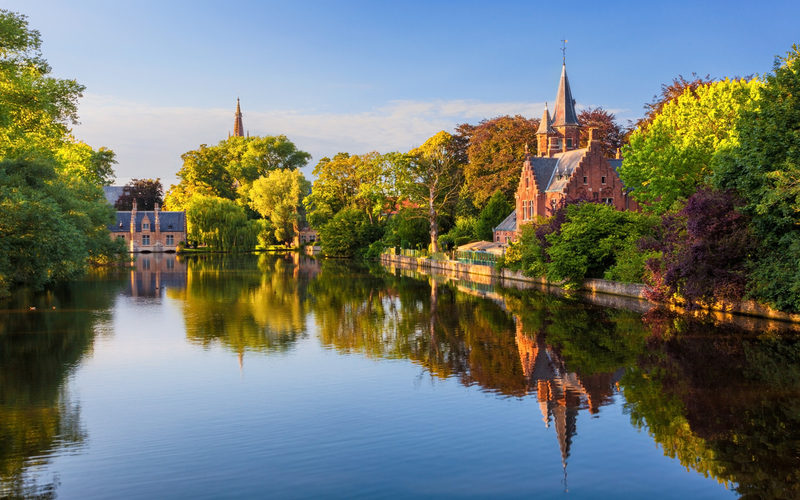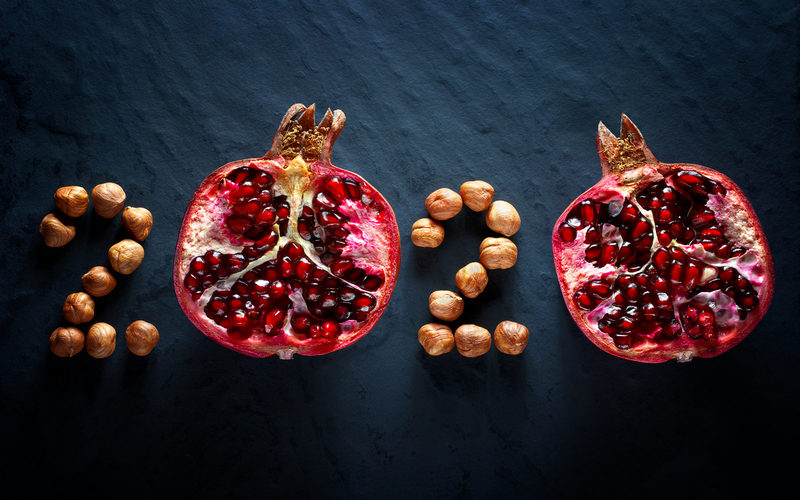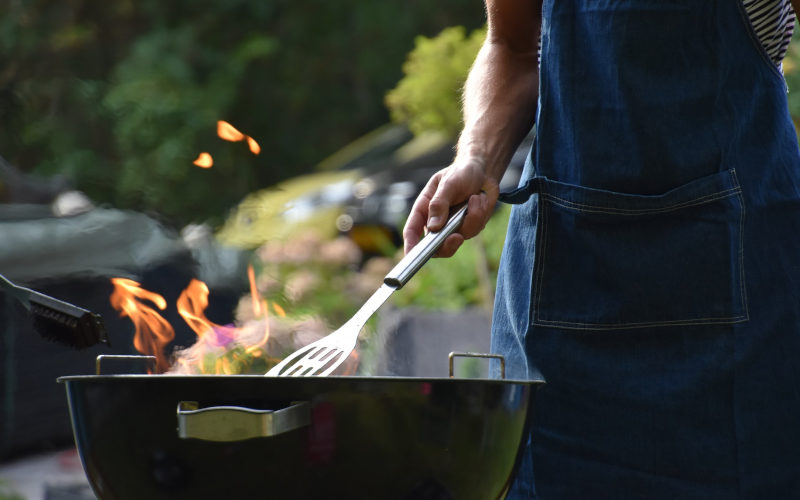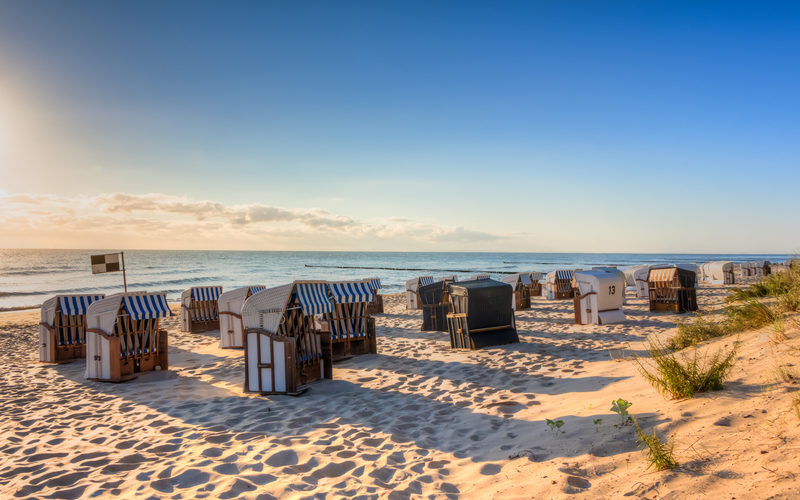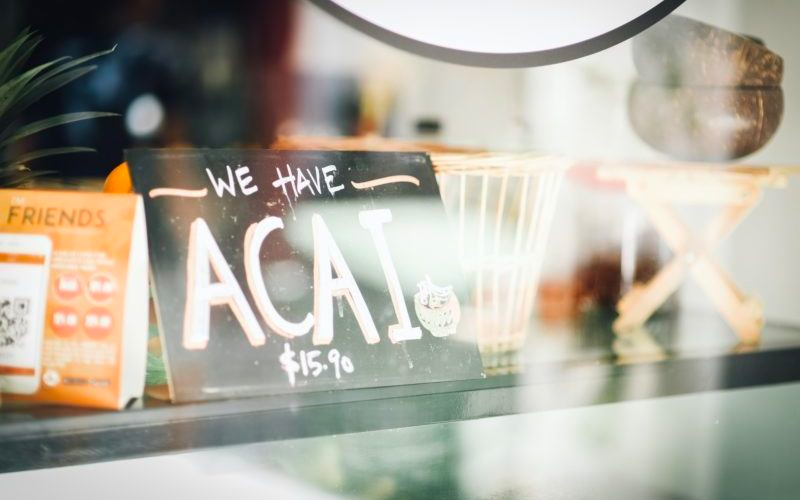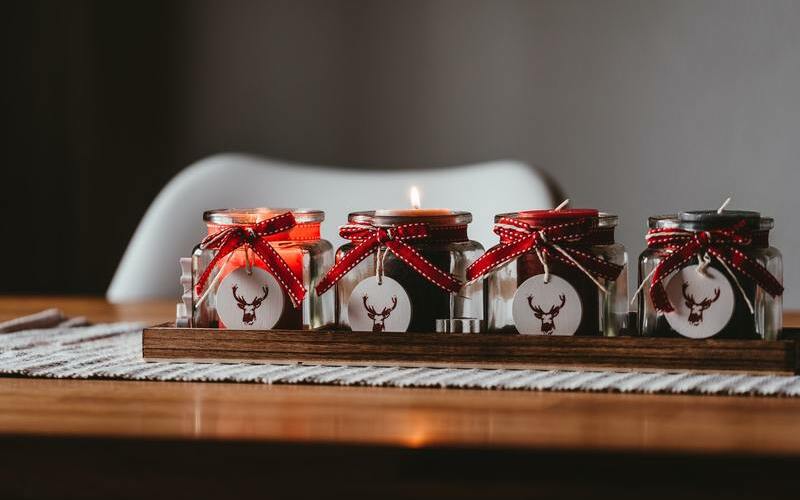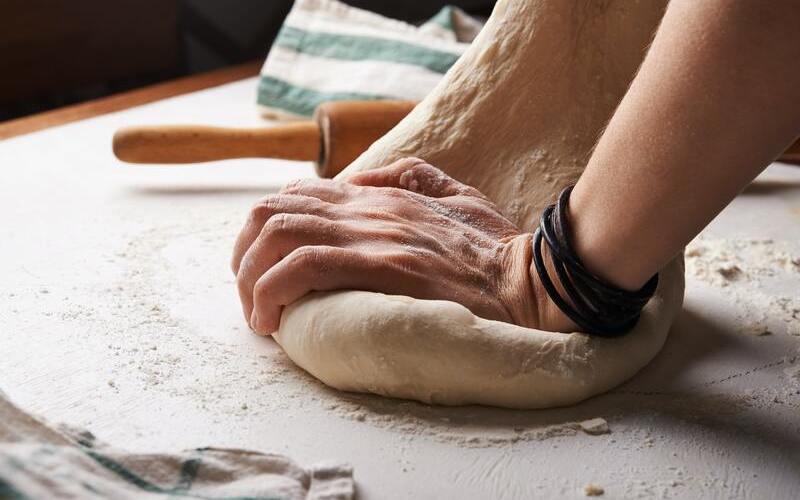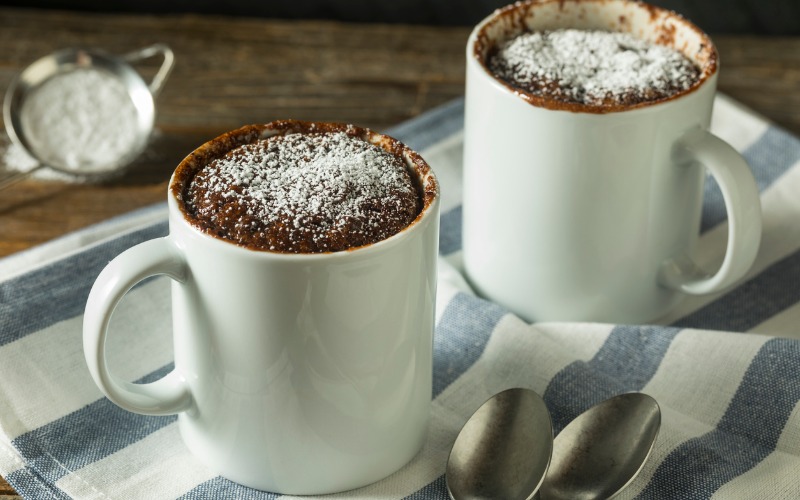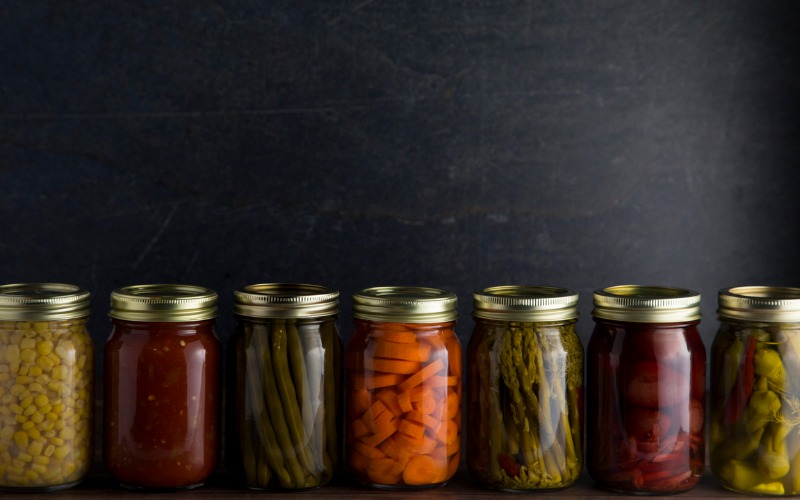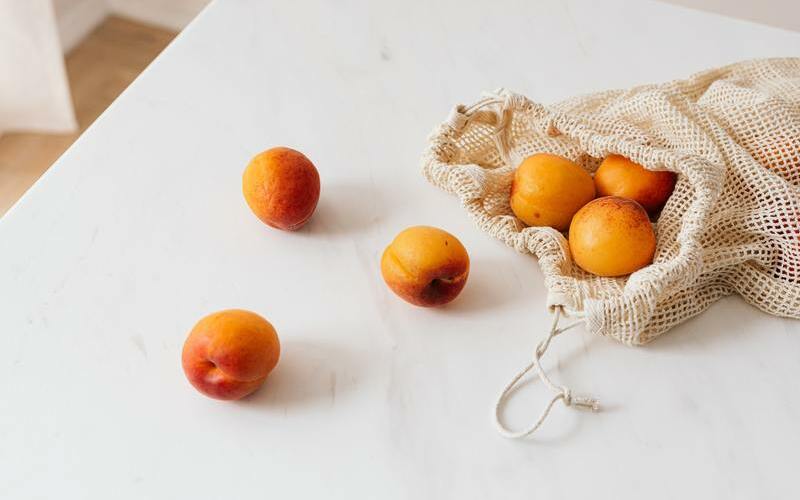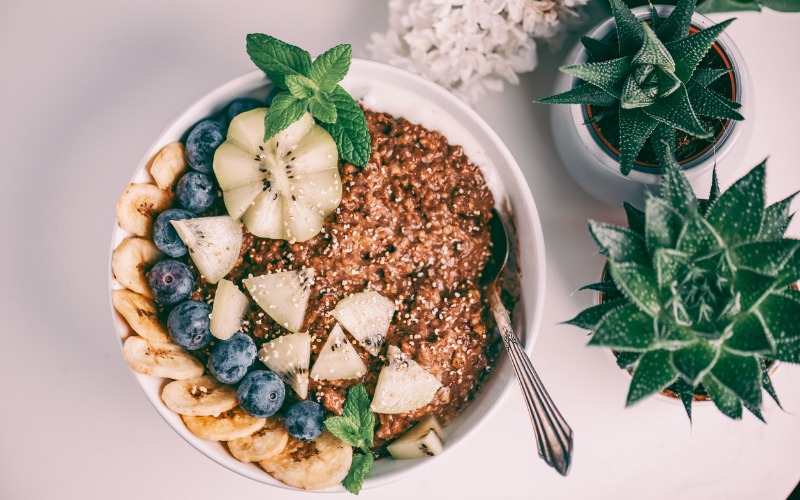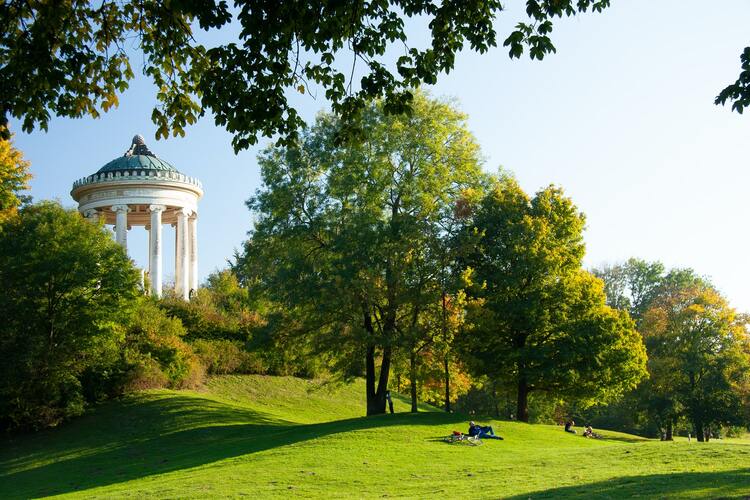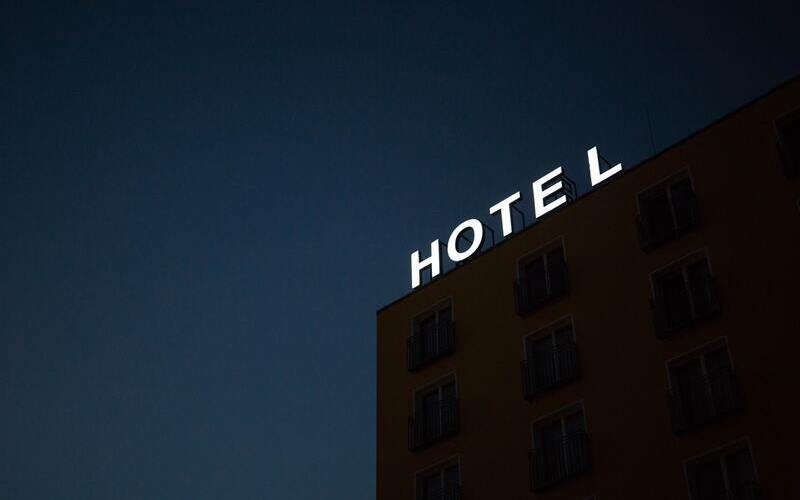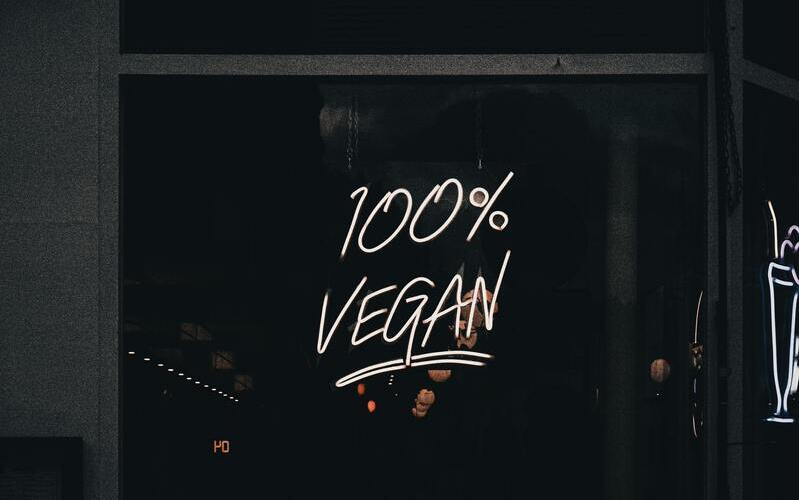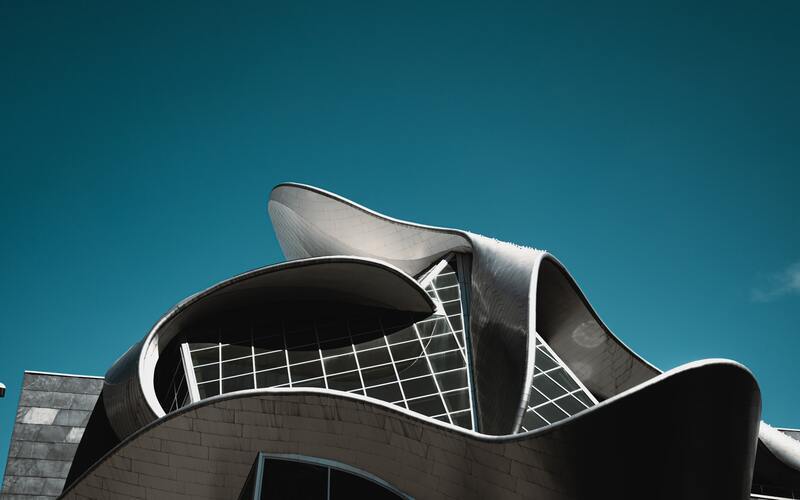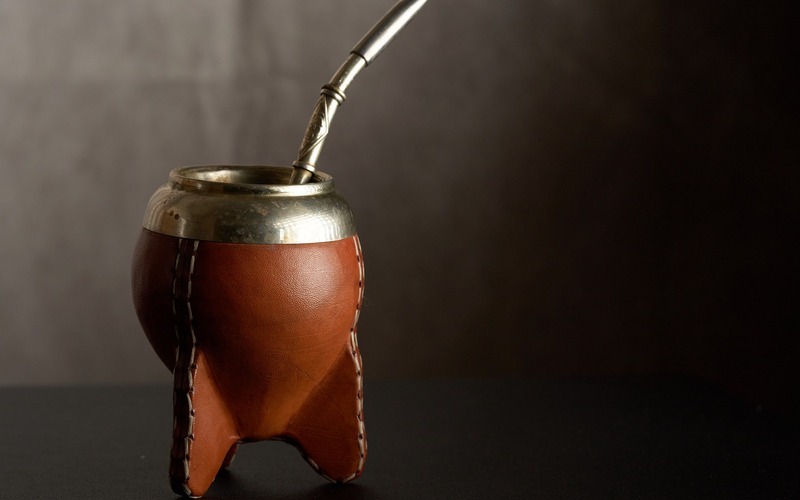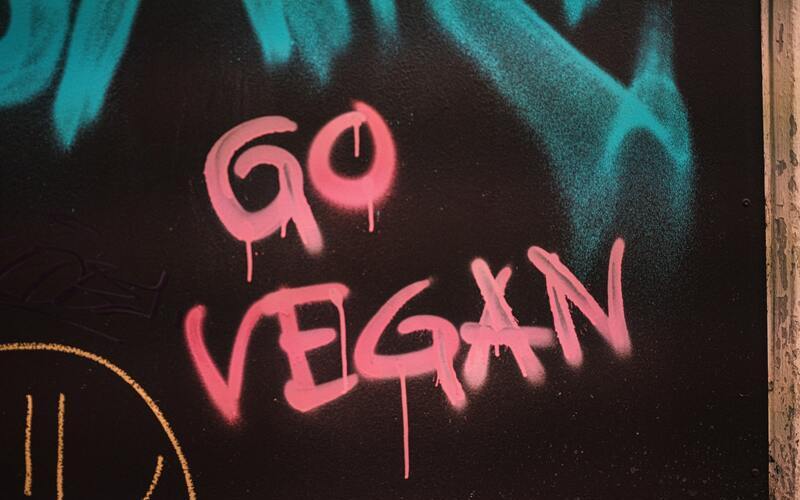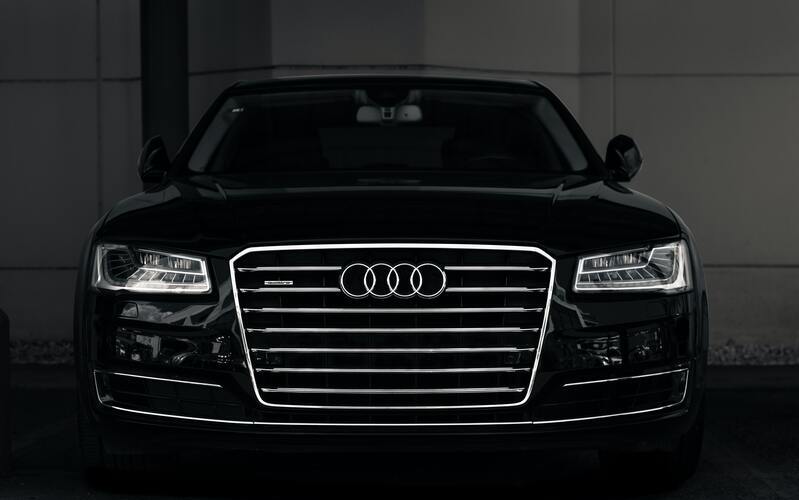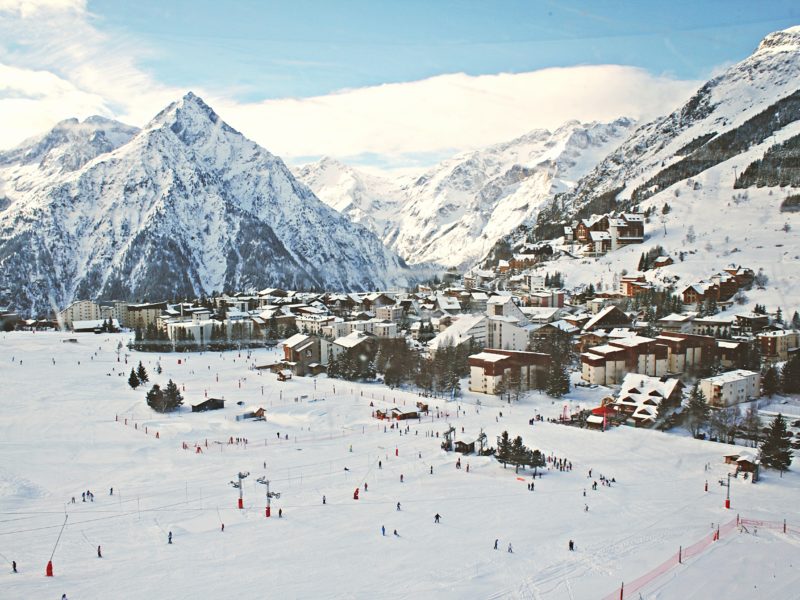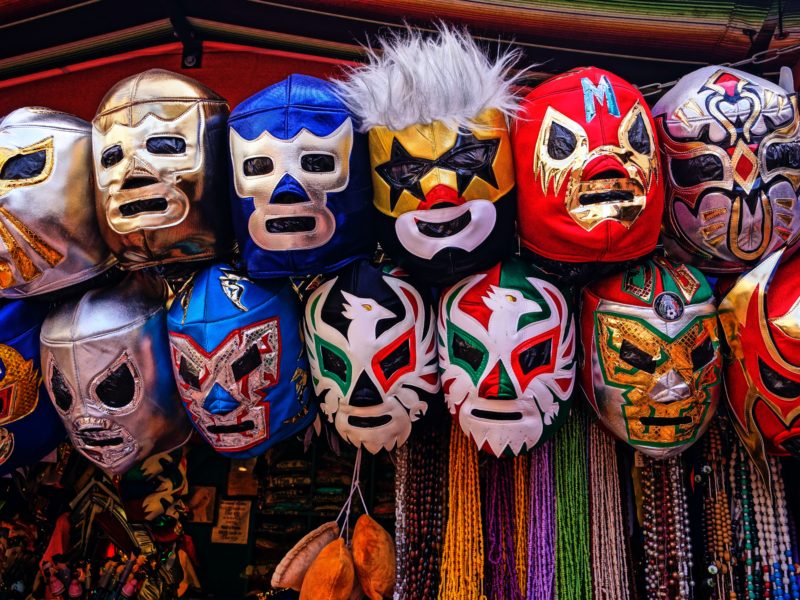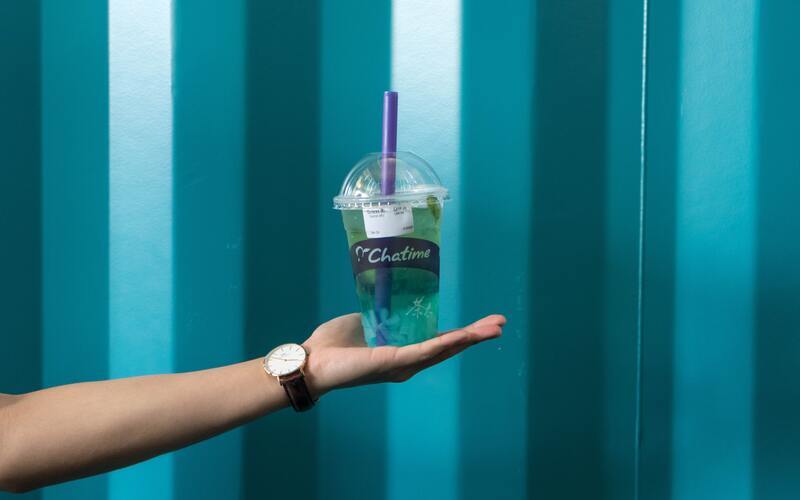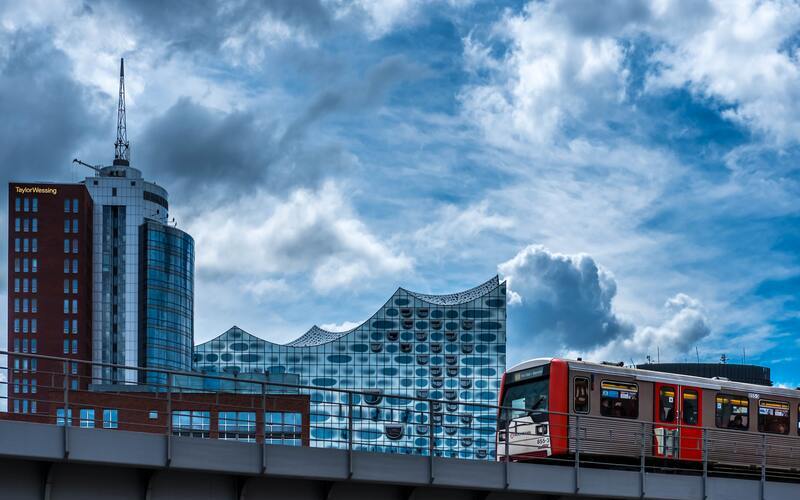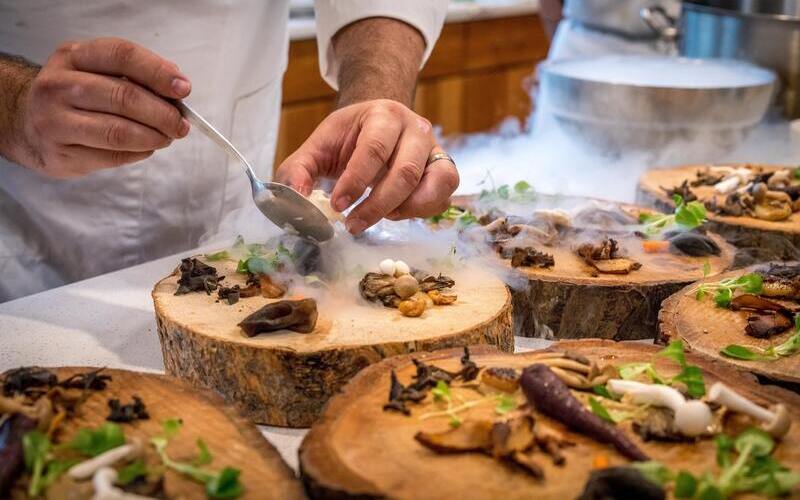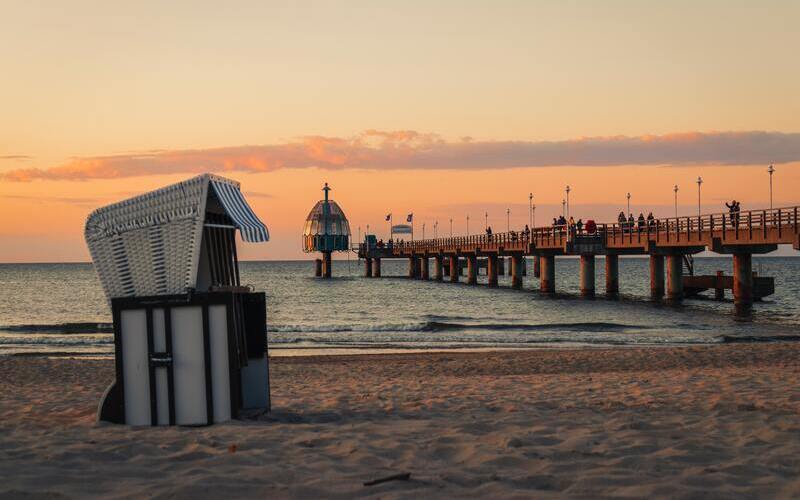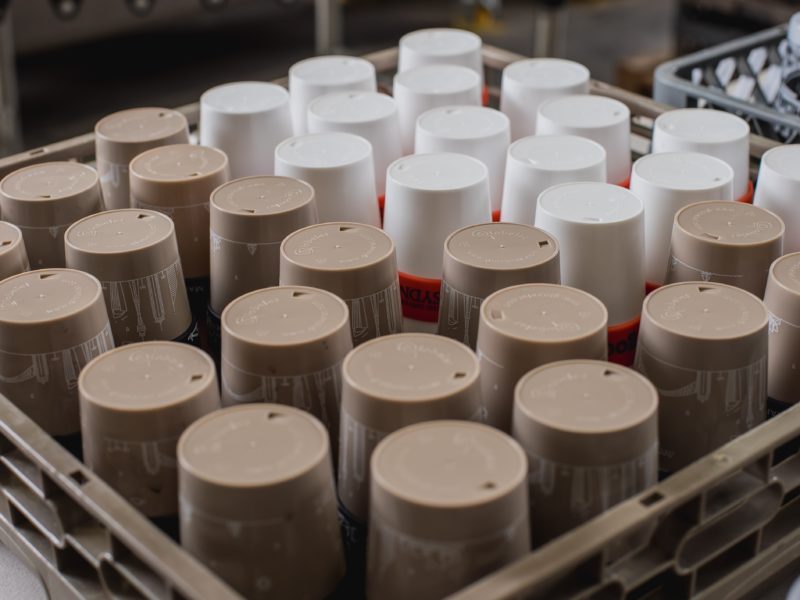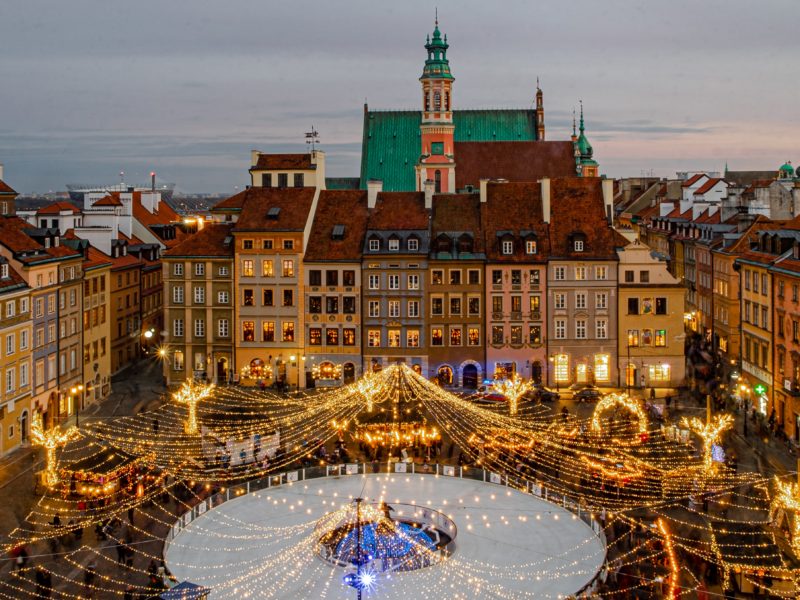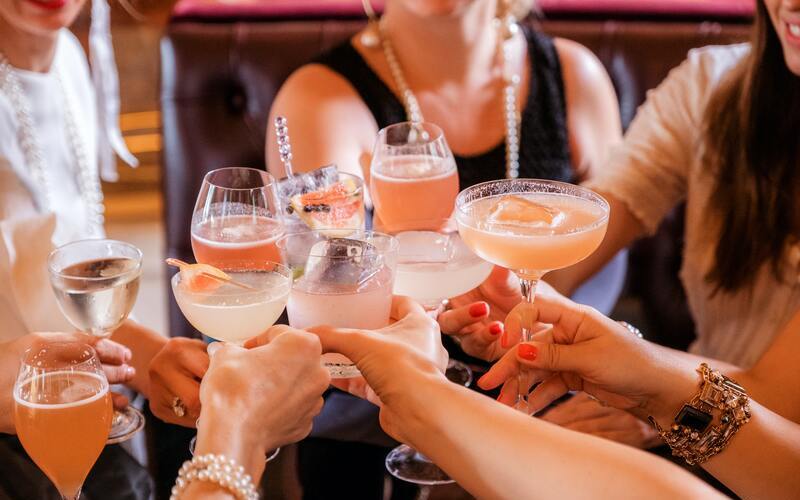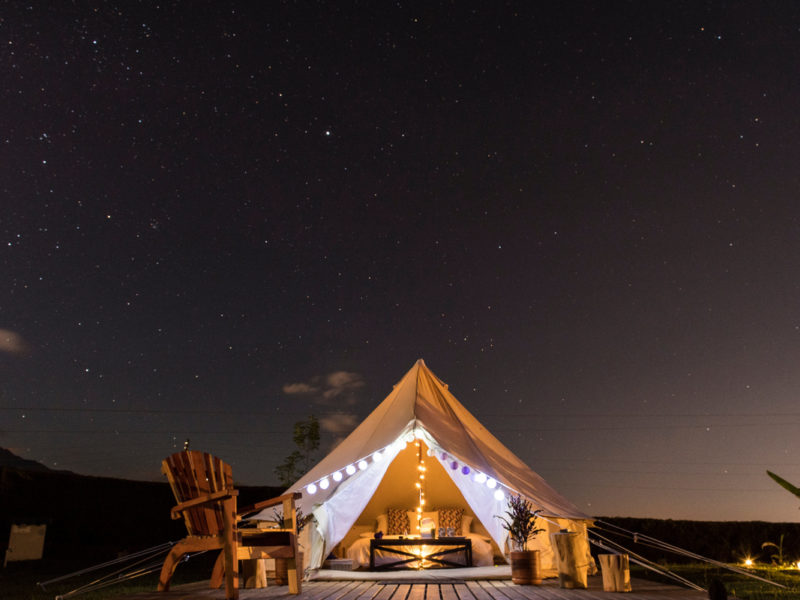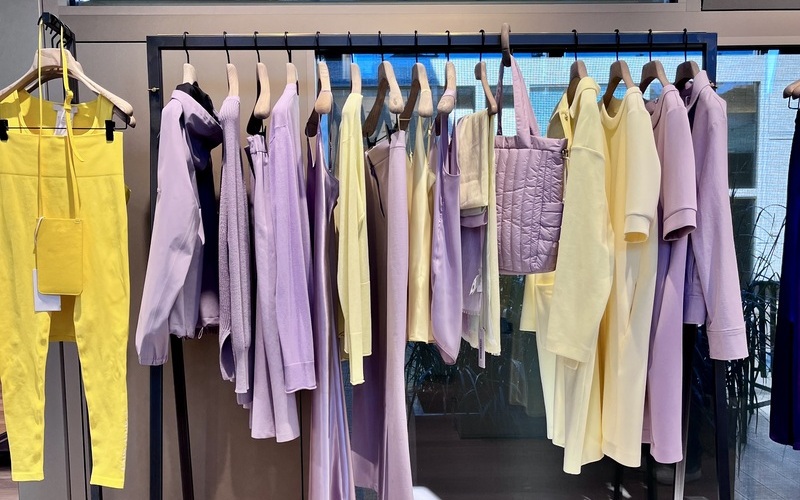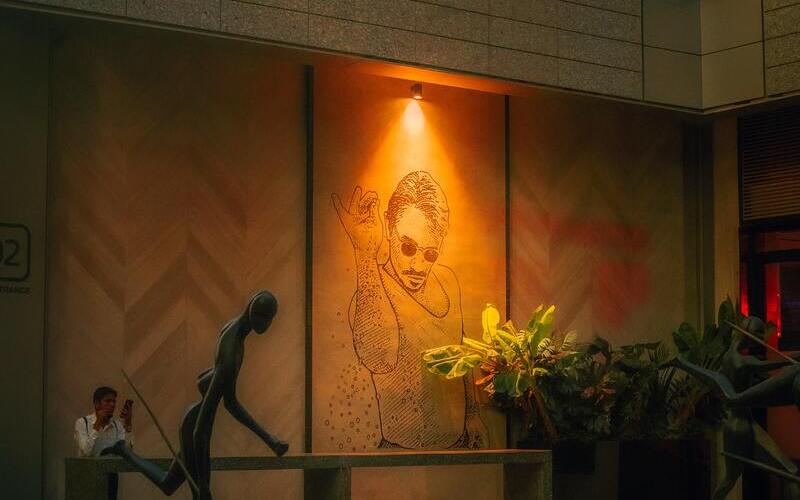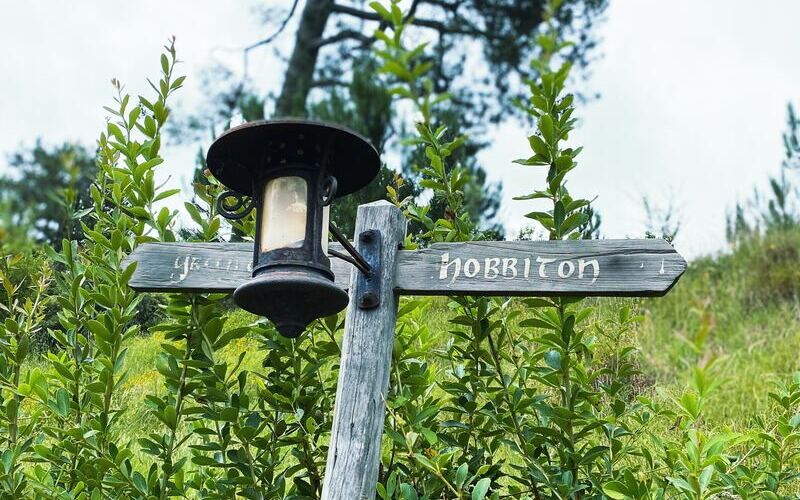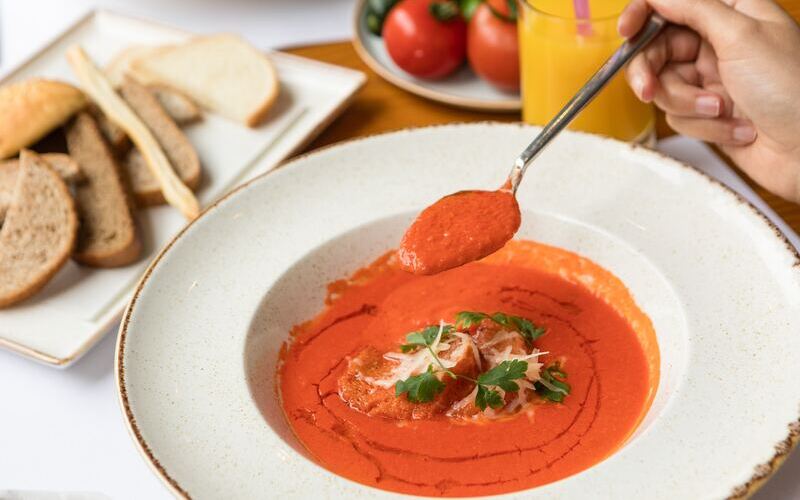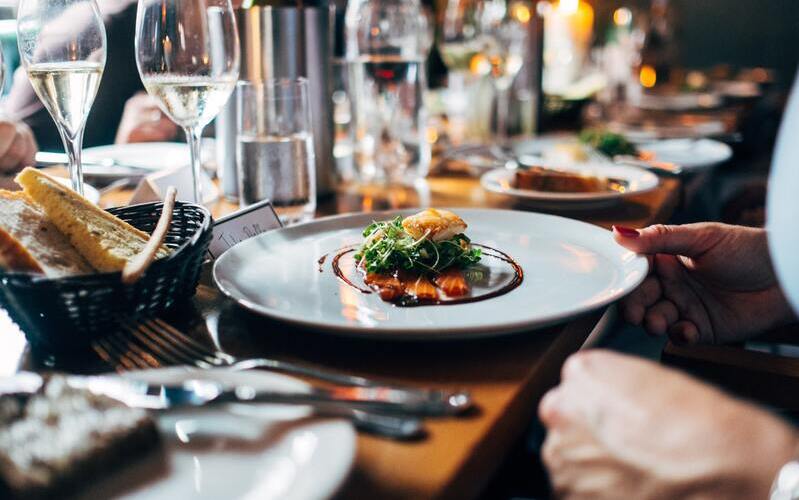
29 Sep STAR CUISINE IN MUNICH AND THE CHIEMGAU – SIMPLY DELICIOUS!
youDRESSED Editor
With star chef Eckart Witzigmann and the Tantris in 1974, Munich, the metropolis on the Isar, was practically the birthplace of German star cuisine. And it still shines today, also and especially in Chiemgau. Many chefs learned their trade at Tantris or earned their first star.
Munich alone now has 16 of 67 Bavarian restaurants that have at least one Michelin star, including new places like Gabelspiel in Obergiesing since March 2022. This still has something of the former working-class district, but is becoming increasingly chic – and expensive, like everything else in Munich. Before that, the small, fine restaurant near the youDRESSED editorial office was once home to a Frenchman, and before that, for a long time, to an upmarket Italian restaurant that managed to lure the Grünwalde chic to Giesing, because it’s not far from there to the posh Munich suburb.
The restaurant Gabelspiel offers experimental, French-influenced regional cuisine at affordable prices for a starred restaurant. Even without a star, the restaurant with only 20 seats inside was convincing all along the line years ago. According to the Süddeutsche Zeitung, Austrian chef Florian Berger, who previously earned his merits (sic!) at Tantris and likes to call himself an “aroma juggler”, really knows how to combine regional ingredients in unusual ways.
THE “ORIGINAL KITCHENS” TANTRIS AND RESIDENZ WINKLER
The Tantris, which Witzigmann gave its first two and then even three stars throughout Germany in the 1970s, can now, after a year’s break, adorn itself with two stars again. And it has always had charisma, because many top chefs learned there or wielded the wooden spoon for a long time. Alfons Schuhbeck, who was born in Traunstein on Lake Chiemsee, is also one of them, as is Heinz Winkler, who died in October 2022. He was the youngest 3-star chef at the time and was able to defend the reputation of Tantris in 1983, retaining the title for 20 years with his Winkler residence in Aschau, southwest of Lake Chiemsee. Reference should be made here to the first YOUdressed article on Michelin-starred cuisine, because to repeat all this would go beyond the scope of this article. So much again: one Michelin star means that the restaurant is worth a stop, two, as Winkler still claims them, that the place is worth a diversion, and three stars mean that the gourmet place is worth an extra trip, like Christian Jürgens’ Restaurant Überfahrt on Tegernsee.
View this post on Instagram
The Residenz Winkler in Aschau has lost its third star because the restaurant became too big for the always incognito invading testers, they say. In fact, the “Winkler,” as it is affectionately called, is still top-notch, but not as good as it used to be. Perhaps the charm of his first wife Evi, who later returned as a receptionist and now assists son Alexander, was also missing there and joined Witzigmann and his second and third wives in toasting Heinz Winkler’s 70th birthday in 2019, as the Münchener Abendzeitung reports. Perhaps more serious for Winkler, however, was the fact that his two-star chef Johann Rappenglück and his restaurant manager Fabrice Kiefer had set up their own restaurant, Les Deux, in Munich in 2012.
View this post on Instagram
FROM MUNICH LES DEUX TO CHIEMGAU ES:SENZ
Alsatian Kiefer first received the “Maître of the Year” award from the Guide Michelin in 1997 and the Service Award Germany in 2018. He lives and breathes service and proves time and again how important service is in top restaurants.
Les Deux is located in a “fully glazed, bold wedge”, after the Olympic Tower probably “the most striking façade a restaurant in Munich has to offer”, as the Süddeutsche Zeitung calls the three-spired two-storey building in Munich’s old town very close to the Bayerischer Hof. Incidentally, with the super-chic Atelier under the new head chef Anton Geschwendtner, the latter also has two stars again after a four-month break, just as Les Deux maintained them in spite of all adversities, even in Corona times.
As far as the chefs are concerned, the latter does not seem to be under a lucky star. In 2018, Kiefer’s partner Rappenglück left to seek his fortune at Tegernsee, followed by his successor Edip Sigl in 2020. It was thanks to the German-Turkish former sous chef and new head chef that Les Deux was able to defend its two stars in the penultimate round. But he had long since moved to Chiemgau and knocked on the door of DasAchental in Grassau, south of Lake Chiemsee, in search of a job closer to home.
Incidentally, the four-star golf resort is owned by the founders of the low-budget hotel chain Motel One. For Dieter Müller and his wife Ursula Schelle-Müller, it is by all accounts a not very lucrative but prestigious object of love. As Schelle-Müller recalls in the Süddeutsche, a gourmet restaurant was not really what they had in mind, but then they were fascinated by everything they learned through Sigl and were then all fired up for the Es:senz (Es the insignia of the star chef).
In autumn and winter, the design miracle of a cylinder-like, glass fireplace in DasAchental is always a fire and flame. The author, who is already a little spoilt when it comes to stars, has hardly ever eaten as well as he does at Es:senz.
TURKISH STAR CUISINE MAKES AN IMPACT
Sigl’s trademark includes the “Chiemsee pebbles”, which really look like that, filled with a delicious cod and later as a praliné with a final greeting from the kitchen. The second visit was like the first, when Es:senz was still without a star in September 2021. Yet Sigl regained his two stars from Les Deux almost immediately in the new year 2022. The TV celebrity chef Ali Haydar Güngörmüş, who runs Pageou in the Fünf Höfe in Munich’s city centre, was not so lucky, but perhaps he didn’t want to be. After all, cooking at the highest level all the time can quickly wear you out. Apart from that, Güngermüş’s wish and ambition is to bring all the magic of Turkish and oriental cuisine to Pageou. This includes such delicious dishes as his mum’s lemon chicken or his grandma’s bread baked on the floor.
But they may not necessarily be compatible with the upscale chichi demands of star cuisine. With his Le Canard Nouveau in Hamburg in 2006, Güngermüş was probably the first Turkish or rather Anatolian star chef worldwide. After a fire in the Hamburg restaurant, however, he handed over the star to his co-owner in order to return to Munich and take over the restaurant of his teacher Karl Ederer, who, along with Witzigmann, was one of the first three-star chefs Germany had to offer.
What unites Sigl and Güngörmüş is natural friendliness and modesty. At Pageou, named after his eastern Anatolian hometown, the star chef is not above helping even less elegantly dressed guests out of their coats. Even without a star, his restaurant is at least worth a detour according to Michelin criteria. In terms of price, Pageou is also well priced, but it is always cheaper than Es:senz, where far away from Munich you have to pay 220 euros for an 8-course menu and about 170 euros for a 6-course menu, excluding drinks. The prices for the wine accompaniment are 125 and 175 euros respectively. But without this service, many Michelin-starred restaurants could hardly survive or would have to raise the prices for the dishes as a menu or à la carte significantly again. According to the World of Food, the Wagyu or Kobe beef included in the 8-course menu is considered the best and most tender meat in the world and really melted in the mouth at Es:senz.
Sieh dir diesen Beitrag auf Instagram an
ALOIS – DALLMAYR AND THE DINING ROOM IN THE BMW WORLD
Also very well remembered are the gourmet temples in the main building of coffee brand Dallmayr in Munich city centre and in that of the Käfer restaurant and retail chain. The latter later moved into the EssZimmer in the spacey BWM Welt, where chef Bobby Bräuer was awarded two Michelin stars in 2014 – and rightly so. The restaurant Alois – Dallmayr Fine Dining, on the other hand, had already convinced all along the line in the early 2000s, was resurrected after renovation in a simple Japanese-looking splendour and, under chef Christoph Kunz, is probably still one of the best gourmet temples that the metropolis of Munich on the Isar has to offer. Somewhat disconcerting and funny at the same time was to see how a young American practically made the neighbouring table his command centre and gobbled down the noble dishes as if he were at a fast food restaurant in New York’s Bronx.
YET ANOTHER NEW STAR OVER LAKE CHIEMSEE
Most star restaurants naturally look as classy as their reputation. But the fact that sometimes only good cuisine is enough is shown by that of the newly starred chef Michael Leitenberg. This is reminiscent of the fact that the best restaurants in China or Taiwan are often not red and gold glittering palaces but, like those in Greece, are kept in simple baby blue. At Michael’s Leitenberg, the name of the family business he took over in Frasdorf near Aschau, where there are already two starred restaurants, it is not baby blue, of course, but rather Bavarian-rustic, but at least with tablecloths and exquisite tableware.
The journey to and search for the restaurant seems a bit adventurous, because before you find yourself in the car park, you almost think you’ve lost your way and ended up on a farm. At first glance, the restaurant itself looks like a barn converted into a village pub with a bowling alley.
The very courteous, friendly service and the extremely delicate dishes, which are somewhat reminiscent of experimental molecular cuisine, make up for everything and make Michael’s Leitenberg a real insider tip. In keeping with the rustic Bavarian atmosphere, a sign on a pillar reads: “Give a man a fish and he’ll eat for a day. Teach a man to fish and he’ll sit in a boat and drink beer all day.” Correctly, the Chinese proverb, which goes back to Confucius, ends with: “Teach a man to fish and you feed him for a lifetime.”
Sieh dir diesen Beitrag auf Instagram an
Sieh dir diesen Beitrag auf Instagram an
THE VEGGIE GOURMET TEMPLE TIAN
A very nice experience was also the birthday party with a friend who had been a vegetarian for a long time, but is not quite as strict about it nowadays. We went with him to Tian for his 50th, one of the few vegetarian star restaurants very close to Munich’s Viktualienmarkt, a little south of the neo-Gothic new city hall. The patron could not say what the pronunciation is, but the website says that the name Tian is no coincidence, but is supposed to be reminiscent of the Chinese word for heaven. In Mandarin, the sky sign 天 sounds like Tiän in one syllable, but in French it is also called stew, so both seem fitting.
The vegetarian dishes there have already converted or at least delighted many a die-hard meat eater. “Food doesn’t need a special language, food needs a soul” is the motto of Austrian chef Paul Ivić, who cooked Vienna’s Tian to star status in 2014. And you can taste that in the chic vegetarian gourmet temple in Munich. However, it’s not cheap either, because including tip, the four of us ended up paying 900 euros. Yes, star cuisine is an expensive pleasure and certainly not something you can or should treat yourself to every day.
Source cover image: Unsplash / Jay Wennington
Share :



